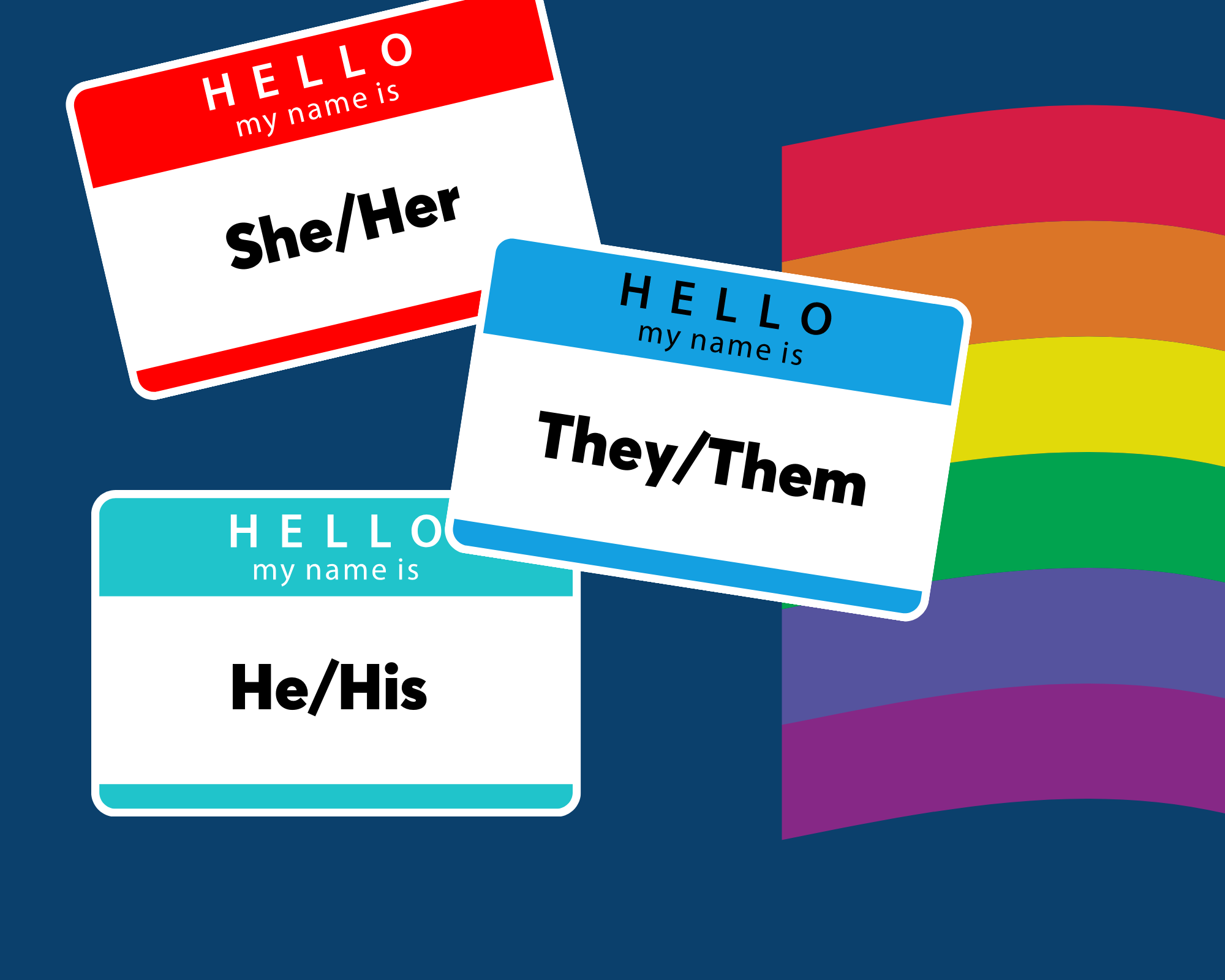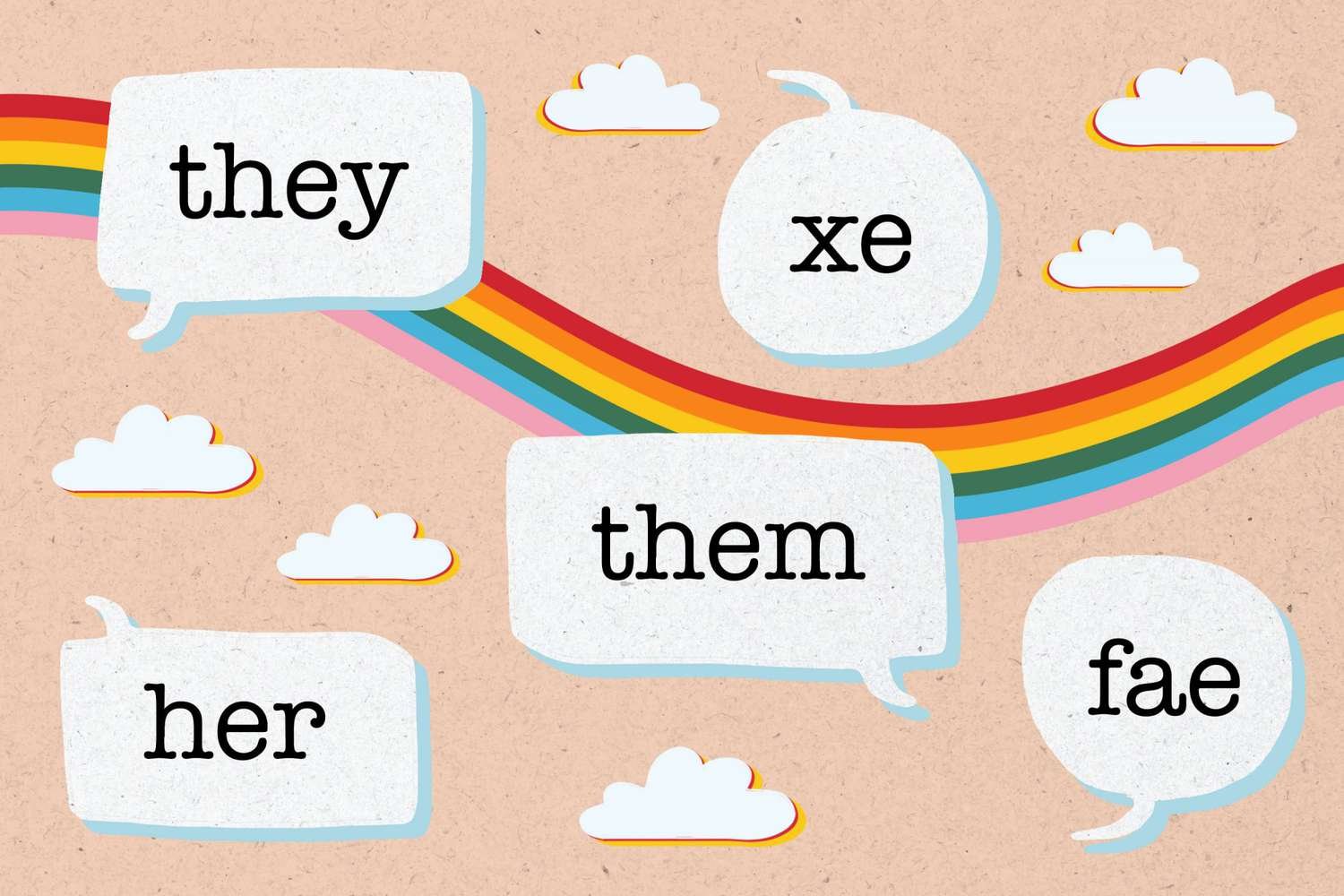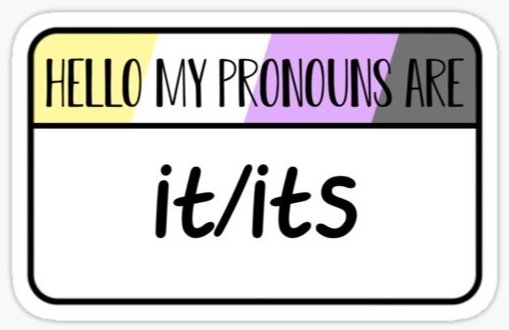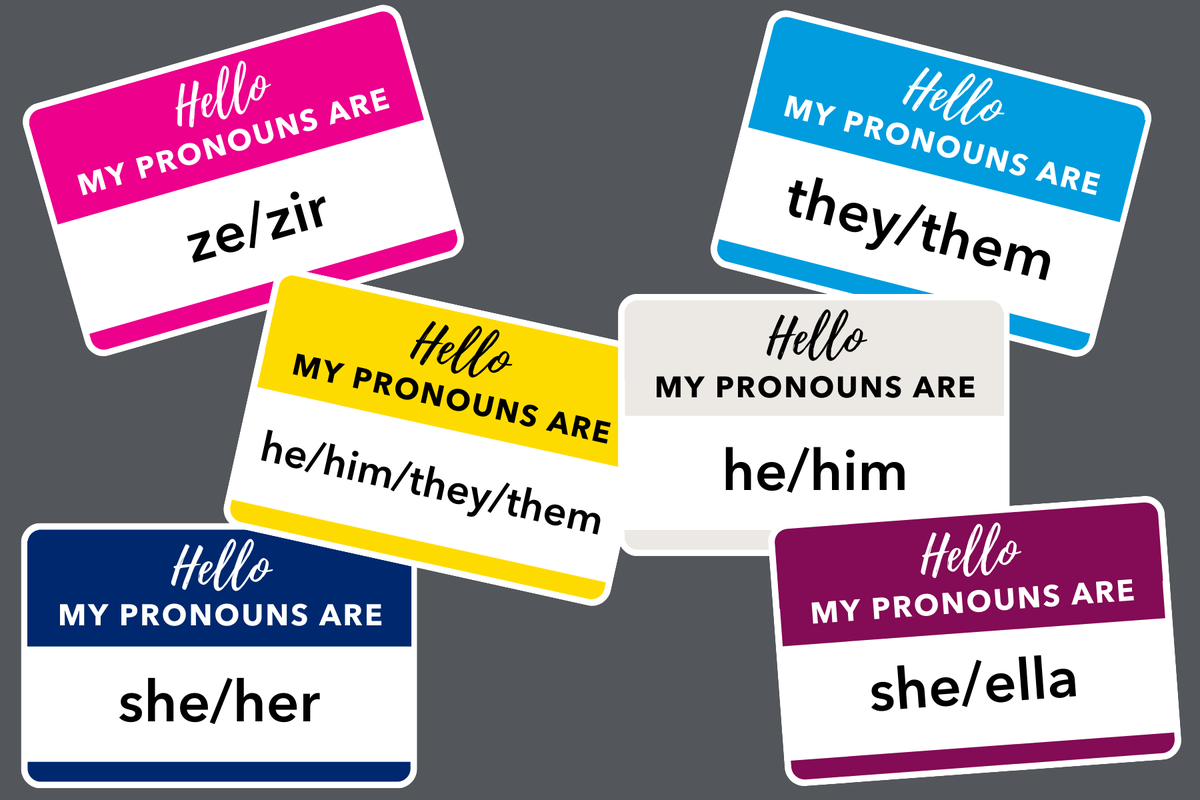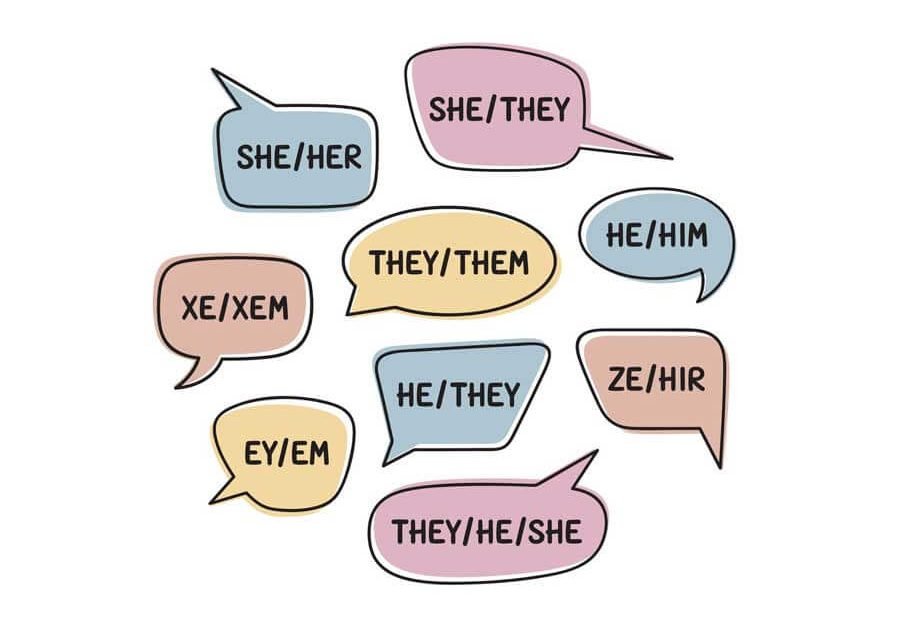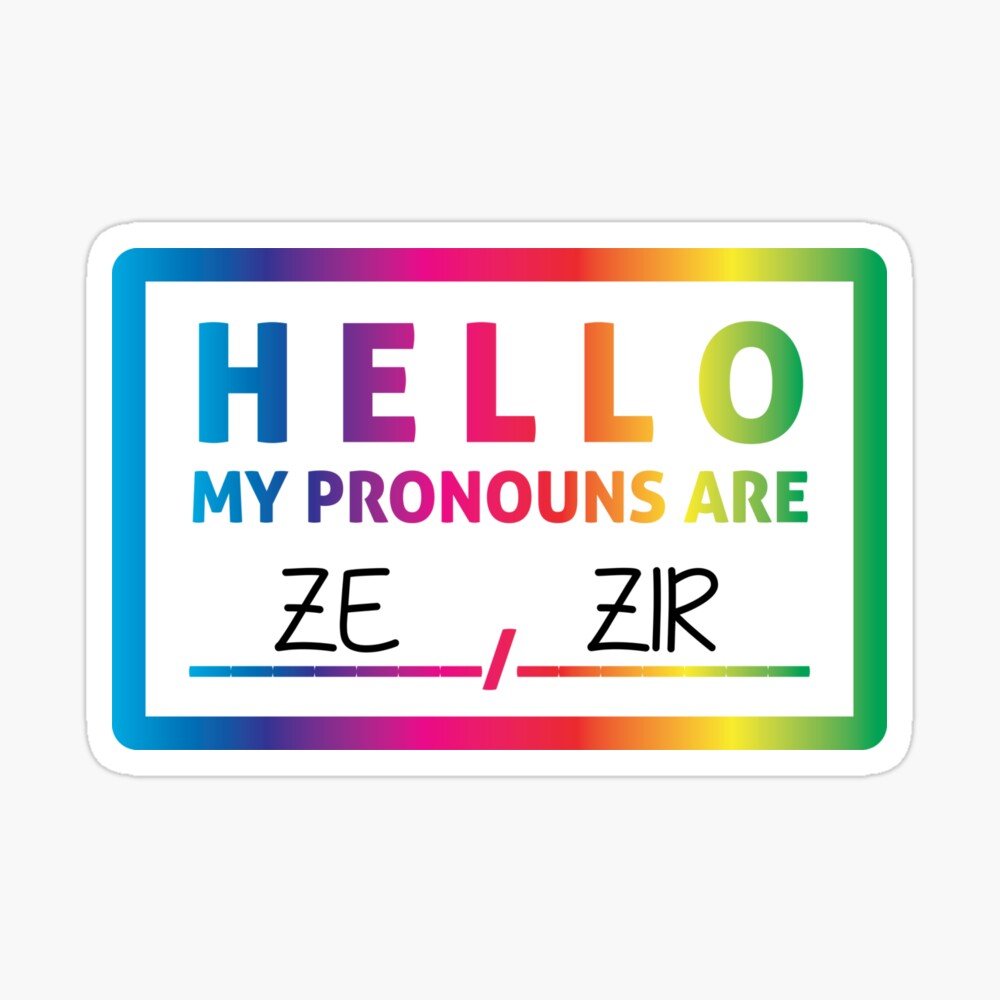Pronouns & Why they are important
What are pronouns?
Pronouns are a way of referring to someone without using their name. A pronoun is either used for referring to people you are talking to (I or you) or someone that is being talked about.
Why are pronouns so important?
Pronouns affirm peoples gender identify and make them fell comfortable and safe. Simply, using the wrong pronouns for someone can make them feel crappy. If someone uses pronouns that are different to what you might expect, chances are they've probably thought long and hard about this decision.
Pronouns don't equal gender!
Pronouns are not necessarily tied to someone’s gender identity. If you identity as male, you don't need to have he/him pronouns. Elliot Page a trans man uses he/him pronouns and they/them even though he is a man. Many non-binary people use pronouns that aren't they/them as they find it more comfortable. You can have as many pronouns as you like and they don't need to be the conventional pronouns of your gender.
Gendered Pronouns
She and He are gendered pronouns. She is typically used by female-identifying people. Similarly, He is typically used by male-identifying people.
Both of these are sometimes used by people who don’t identify as male or female
Gender Neutral Pronouns
They, them, theirs are common gender neutral pronouns. These are basically pronouns that don’t imply ‘male’ or ‘female’. Gender neutral pronouns are typically used by gender diverse and non-binary identifying people.
There are lots of other gender neutral pronouns. They can take a bit of getting used to, but it’s important to use the right ones. If you’re not sure, just politely ask.
Multiple Pronouns
People can also use multiple or mixed pronouns, He/They or She/They. This is an invitation to use any of they options with the pronoun listed first usually signalling their main pronoun. Sometime Non-Binary, Genderfluid or Genderqueer people will say Any or All pronouns which means they are happy to be address with any pronoun ie: He/She/They.
What are Neo pronouns?
Neo pronouns are pronouns that go beyond the conventional pronouns of he, she and they. Some example of neo pronouns are zir/hir and fae/faer. People use neo pronouns as they reflect their gender identity more accurate then conventional pronouns and make them feel comfortable.
Some young people prefer to use the neopronoun it/its, reclaiming the once derogatory term similar to Queer. Not sure about pronunciation or how to use neopronouns? Just ask. If someone has shared their preferred neopronouns with you, you can feel comfortable with asking the correct way to use them.
Asking for peoples pronouns
If you don't know someone's pronouns it always better to ask instead of presuming. Some ways to ask for people pronouns are: Hi my pronouns are... what are yours? May I ask what pronouns you use?
What to do if you get someone’s pronouns wrong
Just correct yourself, apologise and move on! When you misgender someone, it can make them feel uncomfortable. Don't make a big deal about it as it can put pressure on the misgendered person to make you feel ok. They shouldn't need to manage your feelings in that moment as well.
Inclusive language + Displaying pronouns
If you are a teacher, inclusive language allows all students to feel comfortable. Some inclusive language you could use is; folks, students, everyone, kids, friends, kiddos, kidlets, people, class. Displaying pronouns on lanyards, social media accounts, badges and email signatures helps normalise pronouns and makes people feel safe, included and comfortable.

